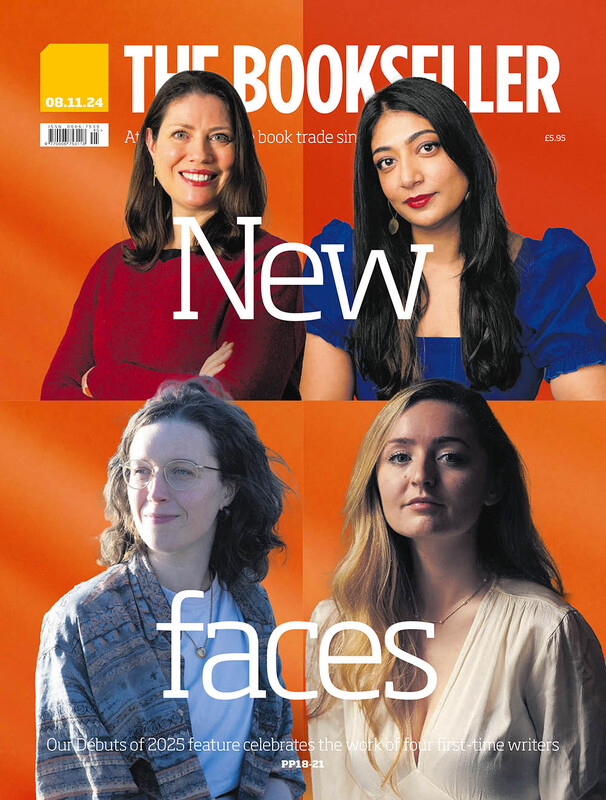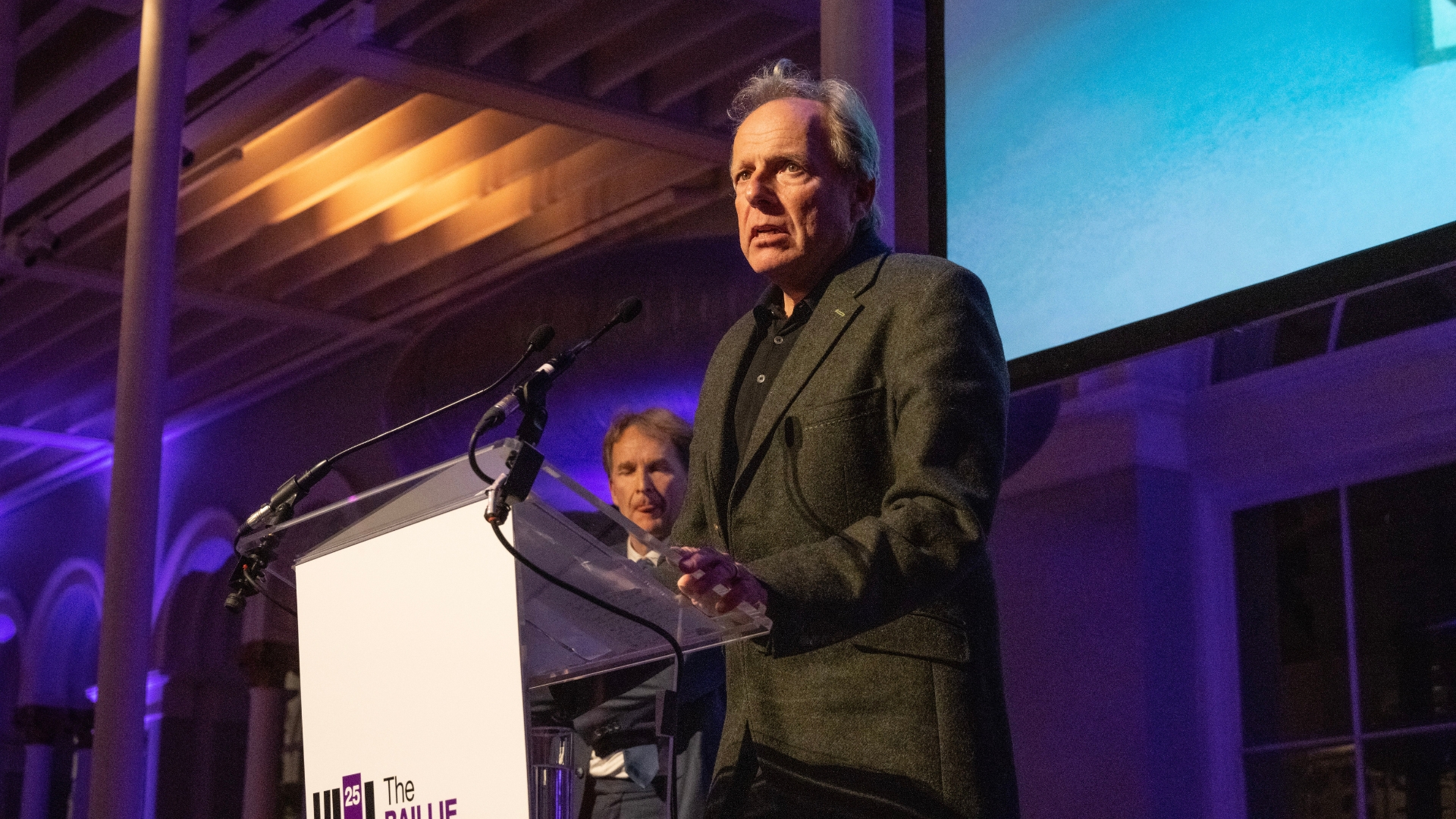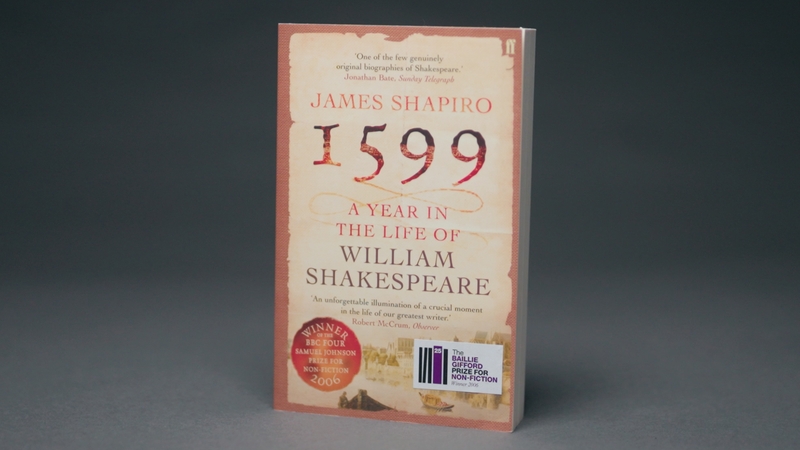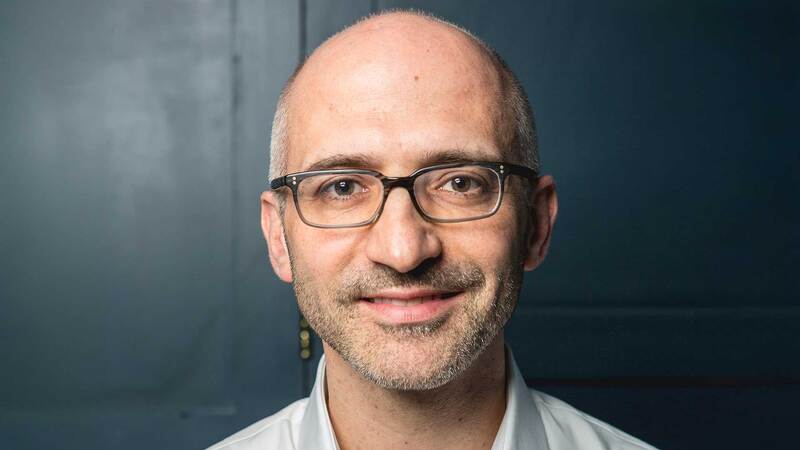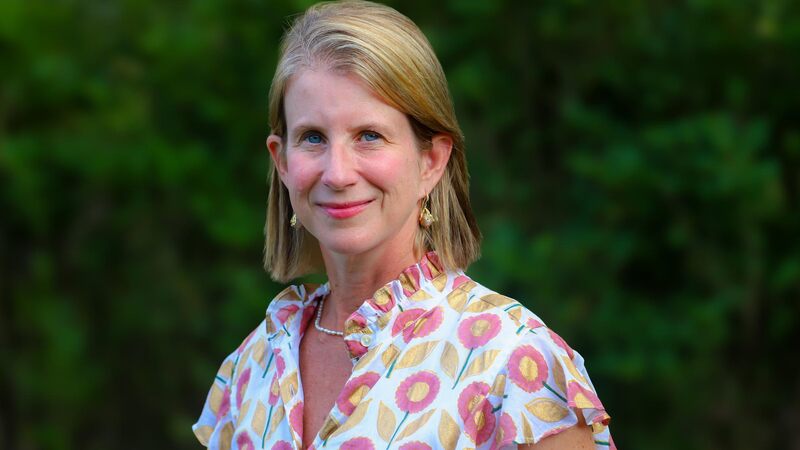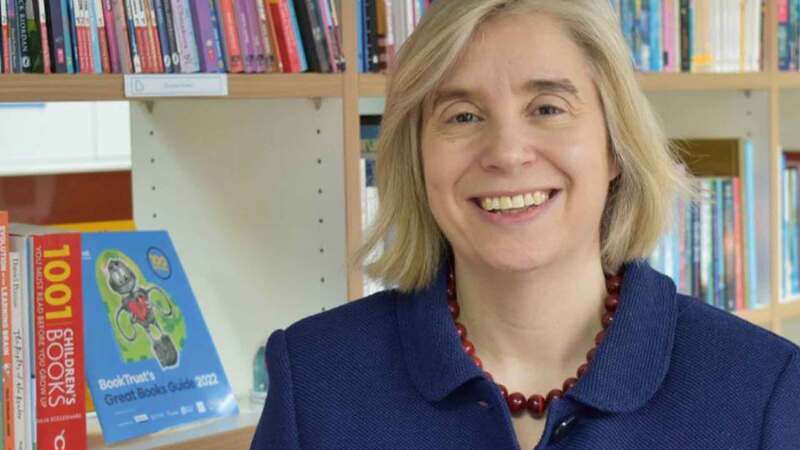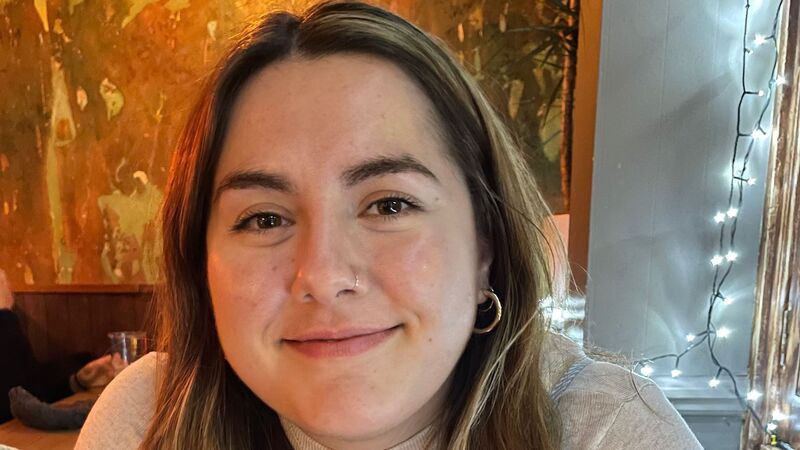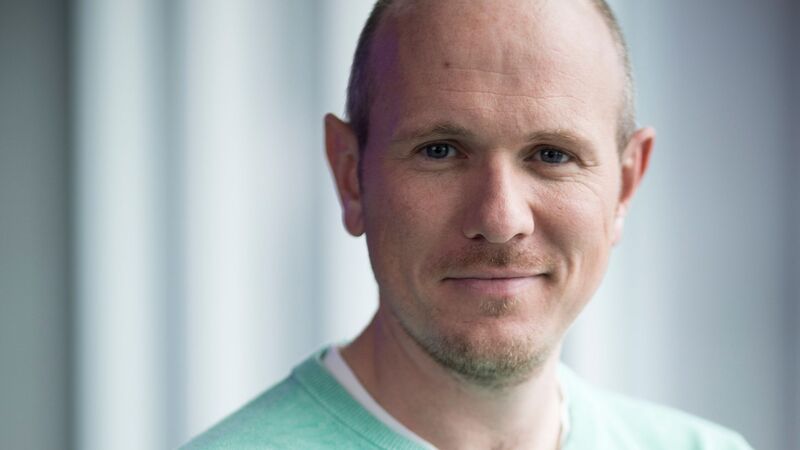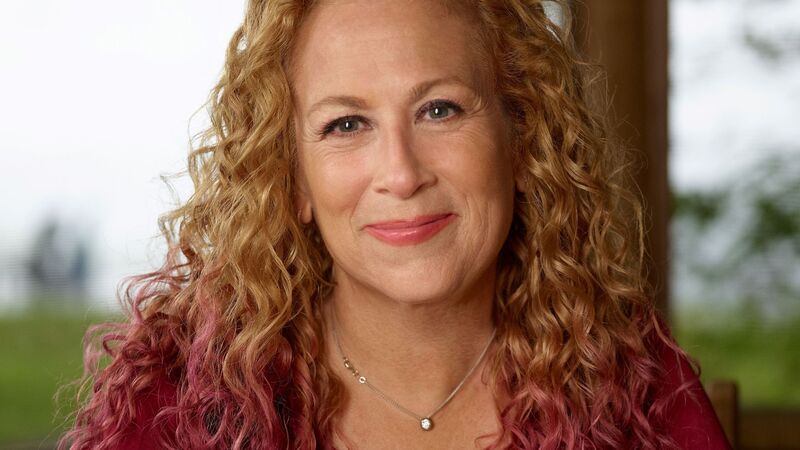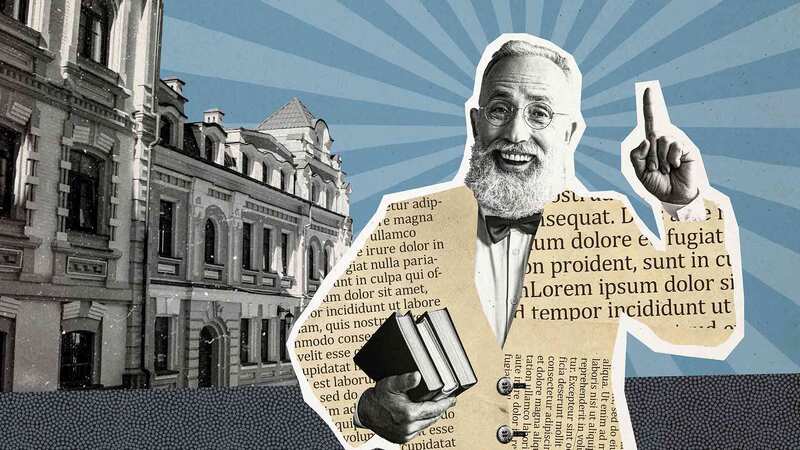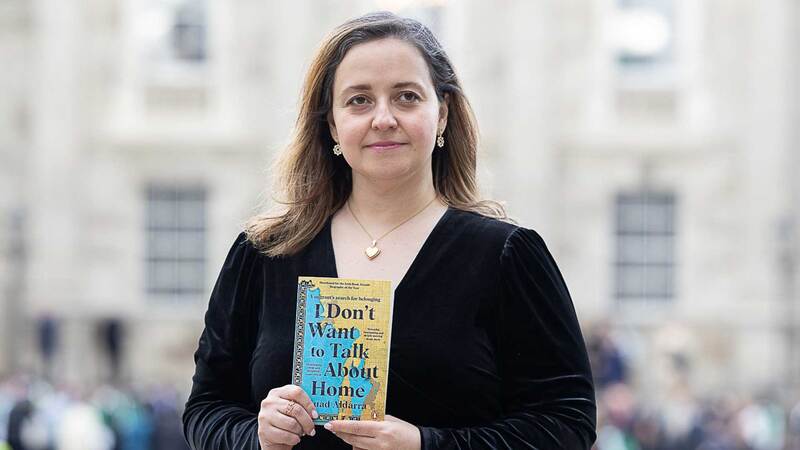You are viewing your 1 free article this month. Login to read more articles.
Shapiro wins The Baillie Gifford Winner of Winners Award
James Shapiro’s 1599: A Year in the Life of William Shakespeare (Faber & Faber) has won The Baillie Gifford Prize for Non-Fiction £25,000 Winner of Winners Award. The book, which won the prize in 2006, explores the year that Shakespeare produced some of his greatest works.
The winner was announced by chair of judges Jason Cowley, at a ceremony hosted at the National Museum of Scotland in Edinburgh on 27th April. The one-off award marks the 25th anniversary of The Baillie Gifford Prize for Non-Fiction by crowning the best work of non-fiction from the last 25 years.
1599 was chosen from a shortlist of six books, taken from the previous 24 prize-winning books, by a panel chaired by New Statesman editor-in-chief Cowley. Academic, critic and broadcaster Shahidha Bari was a judge alongside journalist, author and academic Sarah Churchwell, and biographer and critic Frances Wilson.
The year 1599 was when Shakespeare completed "Henry V", wrote "Julius Caesar" and "As You Like It", and produced the first draft of "Hamlet". In his winning book, Shapiro shows the Bard’s progression from his tale of two star-crossed lovers to "Hamlet", exploring how Shakespeare became Shakespeare.
On the winner of what the panel found an "especially difficult and long" judging process, Churchwell said: “For us, it ticked every box. It does so many things remarkably well, and we felt that it was important that the book that won can show what creative non-fiction can do. And it had to be beautifully written, it had to be wonderfully researched, and it had to think about non-fiction in creative and interesting ways.
“In this case, what Shapiro does is create a biography about one of the greatest writers who ever lived, about whom we know almost nothing. And he does that without ever cheating, by actually marshalling this huge amount of evidence to uncover not the life of the person, but the life of a mind.”
The canonical nature of the book and the lack of diversity in the prize’s history of winners came up during the press briefing. Churchwell attributed this to the lack of diversity among published non-fiction authors, which has led to a list of prize-winning titles mostly “by white men, about Western themes and subjects".
She said: “We felt that each book had to just be judged on its merits, but we had to also recognise that there were structural inequalities in the industry — in bookselling, in publishing — over the last 25 years, that were being reflected. Because this is a cross-section of the books out there that people have admired over the past 25 years.”
An author and reviewer, Shapiro is also a professor of English at Columbia University, where he teaches Shakespeare. His book 1606: The Year of Lear (Faber & Faber) won the James Tait Black Prize, while Shakespeare in a Divided America (Faber & Faber) was selected as one of the 10 best books of the year by the New York Times. Shapiro has also served on the board of directors of The Royal Shakespeare Company. He also advises productions for the Public Theatre in New York and other companies. In 2011, he was inducted into the American Academy of Arts & Sciences, and is currently serving as a Booker Prize judge.
Cowley said: "1599 is a remarkable and compelling book. A history of four masterpieces and of so much more, it produces a life of Shakespeare, about whom so little is known, through an ingenious fusion of history, politics, and literary criticism. The result is a poised and original re-imagination of biography.
"Shapiro returns Shakespeare to the stage of his own world, and in so doing he transforms our understanding – not only of the great works but also of the social atmosphere of his times. Erudite, accessible and formally bold, it will appeal to anyone interested in history, politics, literature and good writing."
Toby Mundy, the prize’s director, added: "This has been a heroic, epic undertaking by our judges. They’ve had to grapple with some of the most brilliant non-fiction books written in English in the last quarter century and have done so with astonishing seriousness and engagement."
Peter Singlehurst, partner at Baillie Gifford, commented: "The strapline for the Baillie Gifford Prize is ‘all the best stories are true’. But it is not necessarily their factfulness that makes these books so special, it is the stories about people, ordinary and extraordinary. Choosing one book seems an impossible task and we thank the judges for taking on the unenviable responsibility.”
As part of the anniversary celebrations, the prize in collaboration with Waterstones called on booksellers who are around the same age as the prize to champion the shortlisted works.
Eve, the 25-year-old Waterstones bookseller championing the winning book, said: "1599 is a truly enthralling and intimate account of a year in Shakespeare’s life. Shapiro explores both the internal complexities and external stimuli that influenced four of Shakespeare’s most significant works: ’Twelfth Night’, ’Hamlet’, ’Julius Caesar’ and ’As You Like It’. This book is essential reading for anyone who has an interest in Shakespeare."

